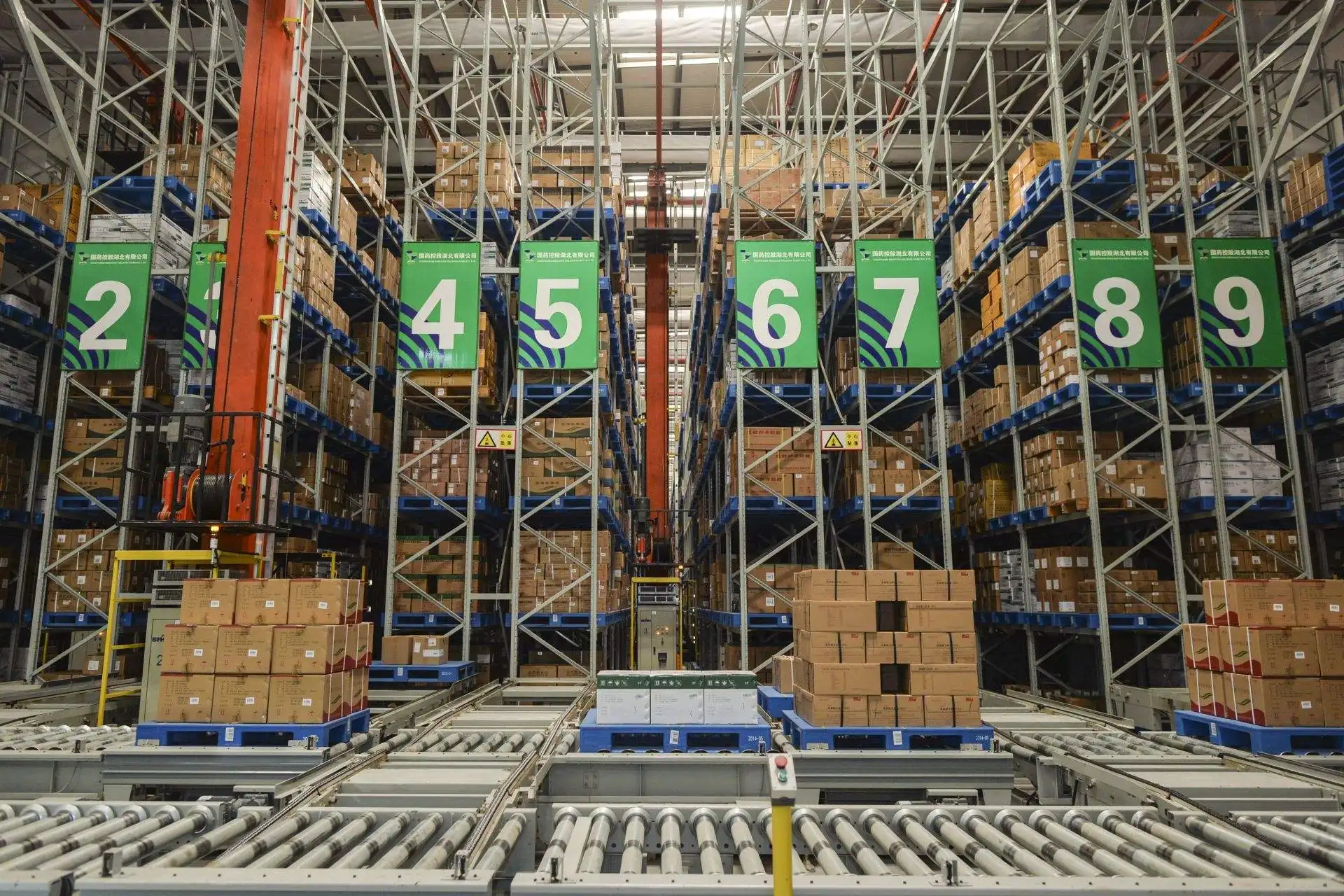
Prepared dishes are a popular food option in the modern, fast-paced lifestyle, favoured by consumers for their convenience, speed and variety. However, when it comes to how prepared vegetables are stored, some may ask: Can prepared vegetables be stored at room temperature? In fact, based on food safety and quality considerations, prepared vegetables are not suitable for storage at room temperature. Here are a few reasons why:
Bacterial growth: Bacterial growth is significantly accelerated at room temperature. The moisture and nutrients in prepared vegetables provide an ideal environment for bacteria to grow. If prepared vegetables are exposed to room temperature, bacteria can multiply rapidly in a short period of time, increasing the risk of bacterial contamination in food.
Nutrient loss: Nutrients in prepared vegetables are susceptible to high temperatures and airborne oxidation. Storage at room temperature can lead to the loss of vitamins, proteins and other nutrients in prepared vegetables, making them lose some of their nutritional value.
Spoilage and decay: At room temperature, prepared vegetables are susceptible to rapid deterioration due to water evaporation and microbiological activity. In addition, oxidative reactions in ambient environments can also lead to oxidative deterioration of prepared vegetables, thus affecting the flavour and quality of the food.

To ensure the quality and food safety of prepared vegetables, we should adopt appropriate storage methods. Here are some suggestions:
Refrigerated storage: Prepared vegetables should be stored under refrigeration in the proper temperature range, usually in the range of 0℃ to 4℃. This can effectively prolong the freshness period of the food and slow down the growth of bacteria and the rate of food deterioration.
Frozen storage: If you want to keep prepared vegetables for a long time, frozen storage is a good option. Storing prepared vegetables at temperatures between -18°C and -24°C can significantly extend their shelf life.
Encapsulated storage: Proper packaging and sealing of prepared vegetables can effectively prevent the entry of air and bacteria, which is conducive to maintaining their freshness and quality.
With proper refrigerated or frozen storage, prepared vegetables can maintain their freshness, flavour and nutritional value for a longer period of time. Remember, food safety and quality are the foundation of our enjoyment of food, and proper storage is important to ensure the safety and quality of food. Therefore, we should avoid storing prepared vegetables at room temperature and take appropriate measures to maintain their high quality and healthy condition.
Contact: Haocool
Tel: +86 18918087579
Phone: +86 18918087579
E-mail: marina@haocool.com
Add: Building 5, No.499 Minqiang Road, Xinqiao Town, Songjiang District, Shanghai, China